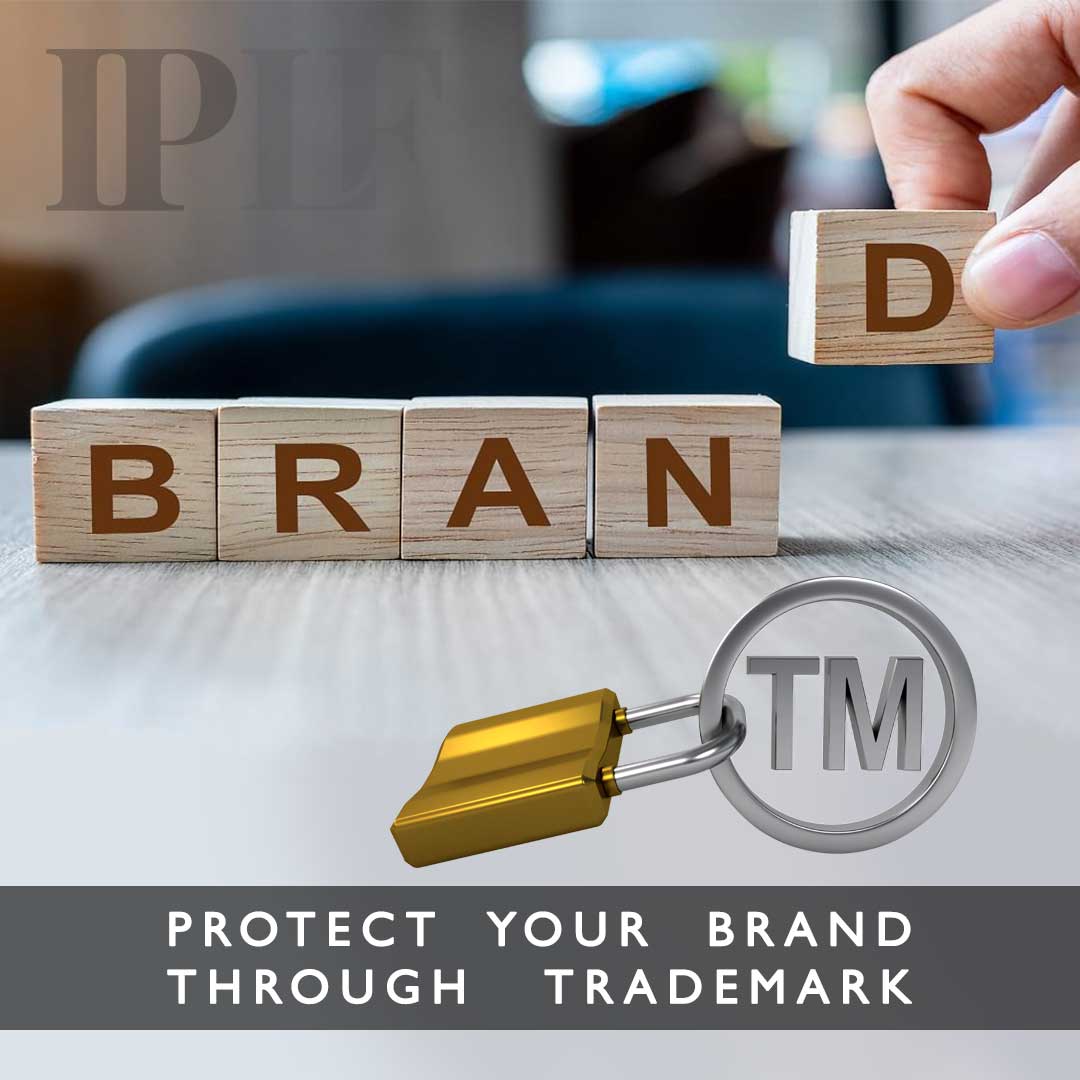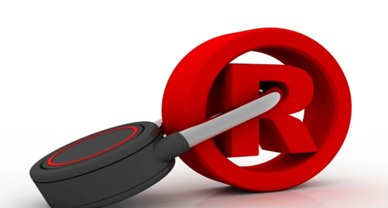Protecting Your ‘Personal’ Brand Through Trademark
The word ‘Brand’ means a lot for a company. The memorable impression that a brand makes on the consumer allows them to know what quality they can expect from the company. This marketing practice is more of identifying the product and distinguishes it from others. These characteristics of branding make it the true representation of the business hence it purportedly becomes the most important stake for a company. The term brand is sometimes used interchangeably with trademark, even if both describe a different perspective in a different context.
Trademark and Brand
As is clear from the above explanation, a brand represents two things. First, a brand is a true representation of the company/individual thereby creating recognition for the company/individual in the market. Secondly, the brand represents the quality which the company is expected to make. The consumer assumes the quality of the brand. If one looks from the side of the market, this brand provides us the perceived value of the company, which is generally called the brand value. Trademark (TM), on the other side, has a different context. In a simple explanatory language, TM tends to provide a legal basis for the protection of Intellectual Property associated with the company such as symbol, logo, design, slogan, etc. This legal protection undoubtedly is a matter of utmost importance since it becomes the way of protecting the brand value of the company. Trademark and Brand both are closely linked to each other, but a marketer needs to understand this difference. The brand is the representative element of a corporate image while the trademark provides legal protection for the brand, thereby protecting the source identification of the brand.
Understanding Personal Branding
An important perspective that comes up for discussion is the notion of ‘Personal’ branding. This personal branding focuses more on the individual’s assets and worth and how the individual is perceived and marketed in the public. Personal branding does not often limit it to the goods and services but by the attributes associated with the individual. When we talk of having a personal brand, we think of entertainers, athletes, and celebrities who are highly paid and are also paid by endorsement. Personal branding is not just limited to businesses dealing with goods and services. As a business, you are marketing your goods and services but in personal branding instead of marketing product, one is marketing oneself. Many individuals achieve prominence within their niche or specialty online, many attaining a global reach through live events, online webinars, product launches, and social media followings. An individual can protect the personal brand with a registered trademark for workshops, training, a series of books, audio and video recordings, and websites providing content and blogs. These issues are popularising day by day with the advent of consumer’s influx in social media.
Personal Brand and TM Registration
Why it becomes important for personal branding to get a TM registration. The registration is an important part for refraining others from using the individual name or deceptively similar name for marketing someone else’s product. This generally tends to create a false endorsement of another product. These issues could be well resolved once the personal brand owner registers itself as a TM. As discussed above, the legal protection after registering as a TM provides remedies against cyber squatting and online trademark infringement. Finally, a registration supplements remedies like the right of publicity, which is most useful in cases where a photograph or image of a celebrity/Personal Brand owner is used without consent in connection with the sale of a product or service.
The importance of TM registration can be well substantiated by the famous case involving David Pecker and a porn site. David Pecker is well-known in media circles as the head of American Media, owner of the National Enquirer and Star. Back in 2006, Mr. Pecker sued to recover the domain “www.davidpecker.com” from an individual who registered the domain containing links to various porn sites. The WIPO arbitration panel rejected Mr. Pecker’s claim since Pecker was unable to prove he had trademark rights in his name. The arbitrator stated the test is whether the individual’s name has been used for trade or commerce, or whether the Complainant had “ever used his name for advertising or promoting his business or for the sale of any goods or services.” Pecker had not.
These examples emphasize the importance of a registered trademark to recapture domains stolen by hijackers, as well as registrations containing your mark and used to promote competitive goods and services. It’s much better to have a registered trademark for your branding to not face any false ‘implied endorsement’. Each one of us needs to cultivate one’s persona in outward interaction which forms the base of personal branding. The key here that one should remember is the authenticity that is associated with the personal branding which in a way further substantiates the trust and the faithfulness of the consumer towards the brand.
Author: Saransh Chaturvedi (an advocate) currently pursuing LLM from Rajiv Gandhi School of Intellectual Property Law (IIT Kharagpur). In case of any queries please contact/write back to us at support@ipandlegalfilings.com




